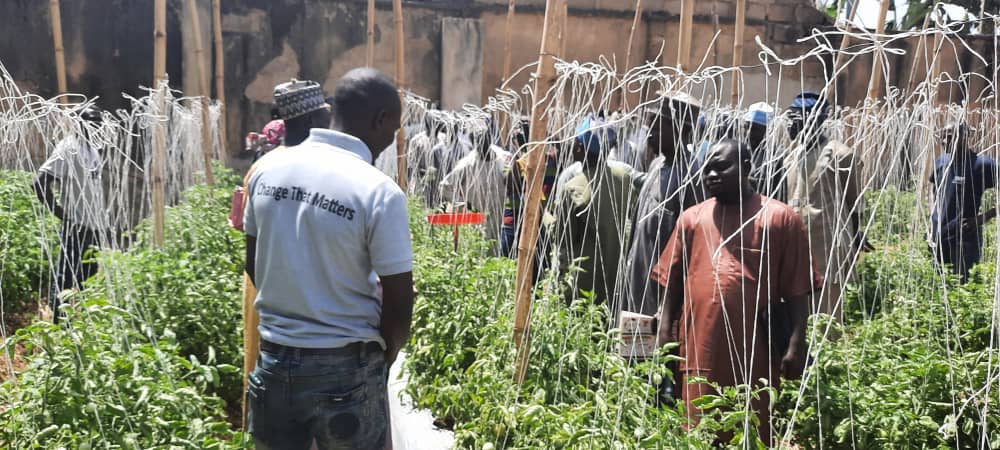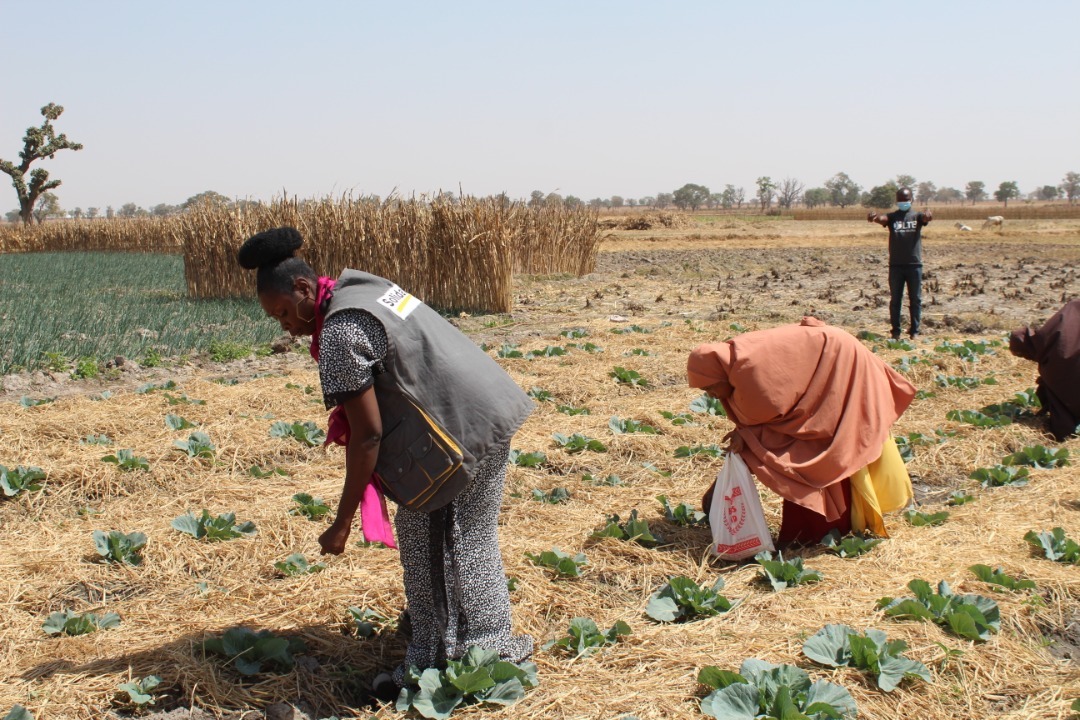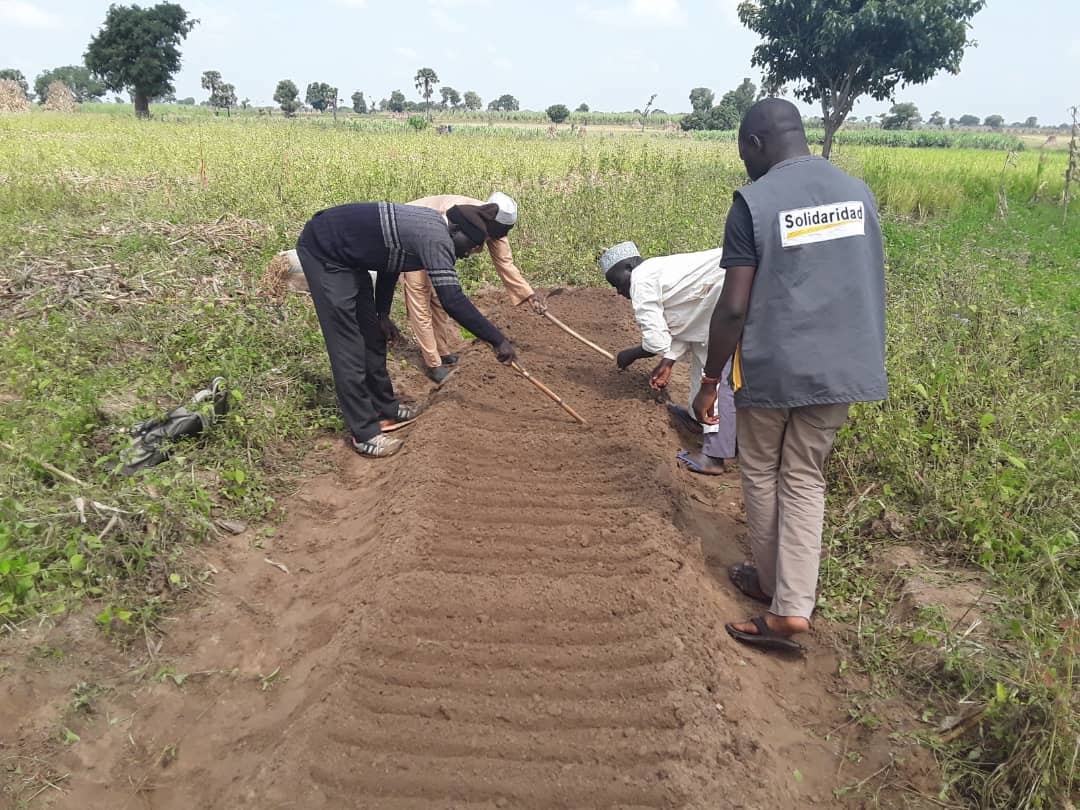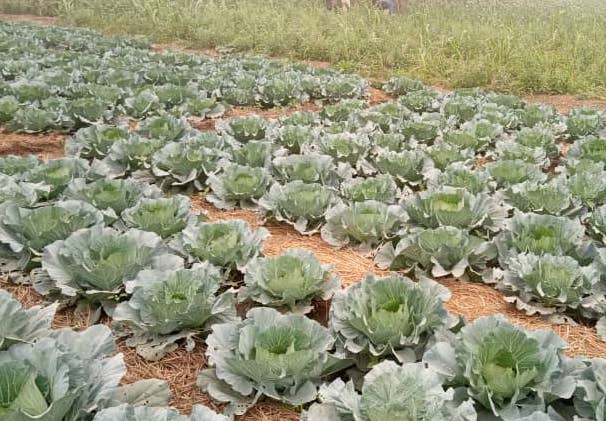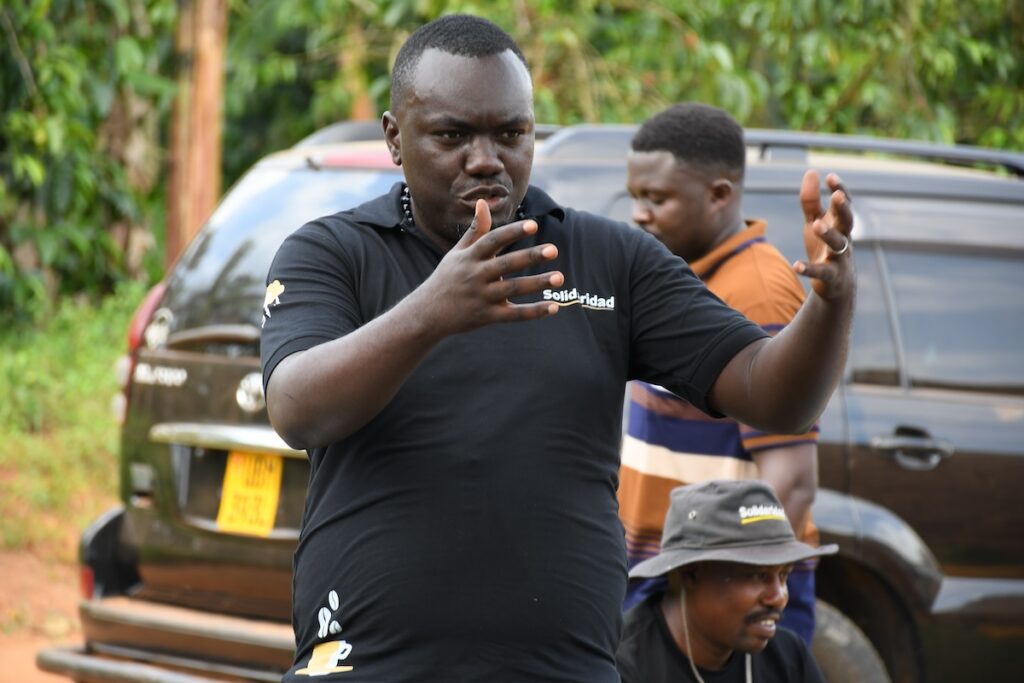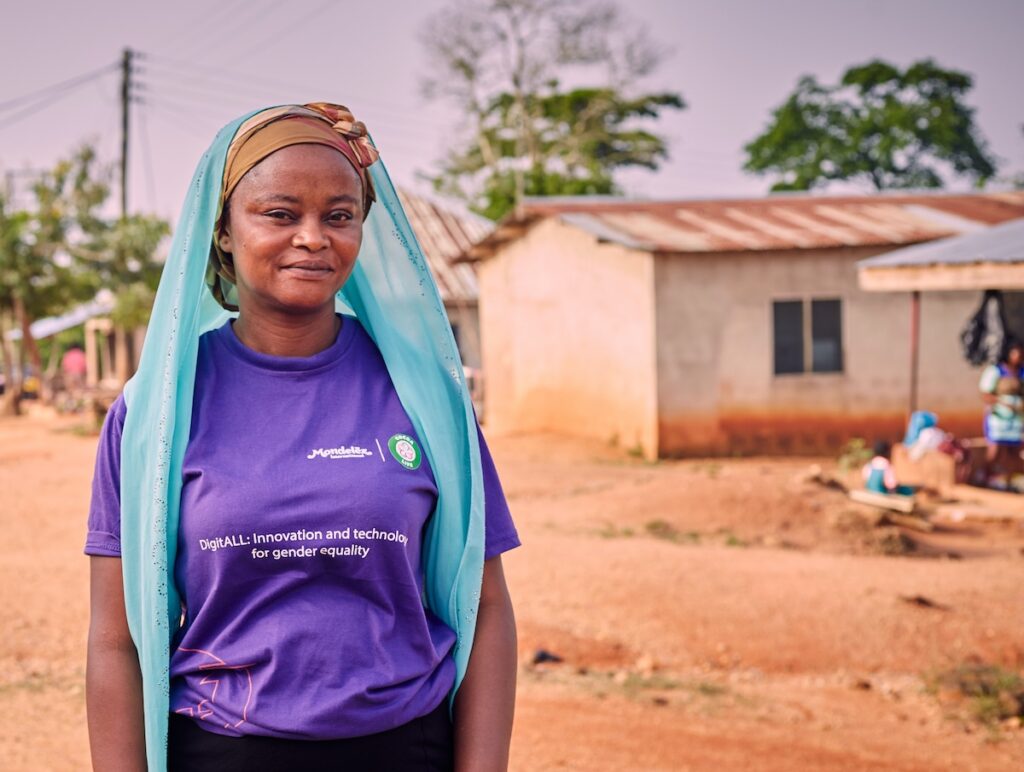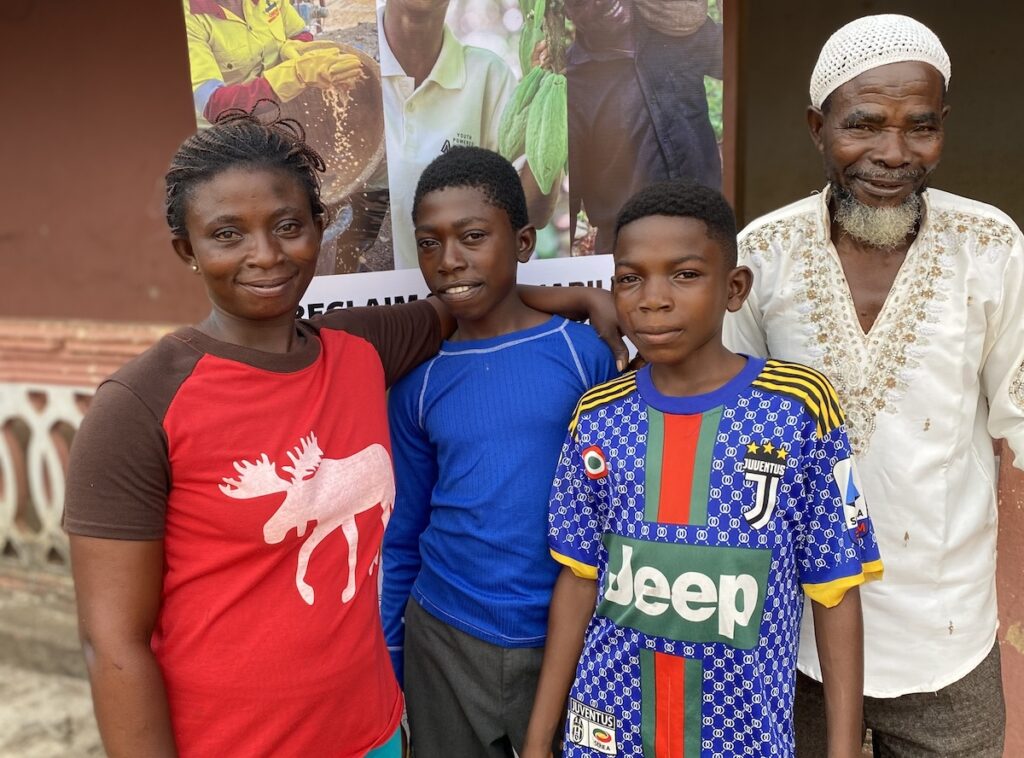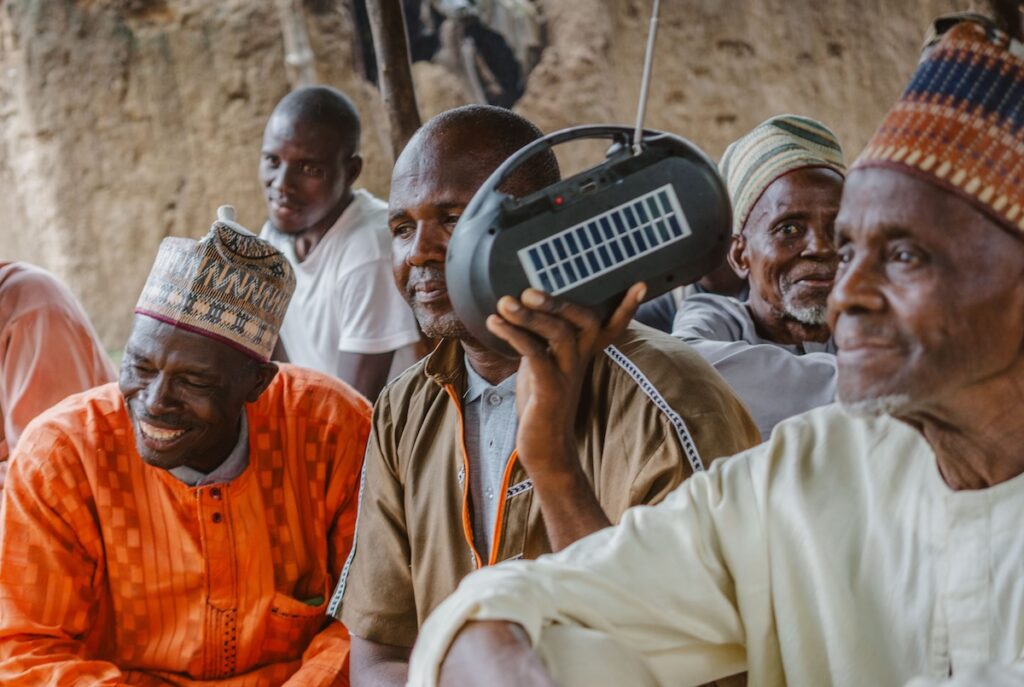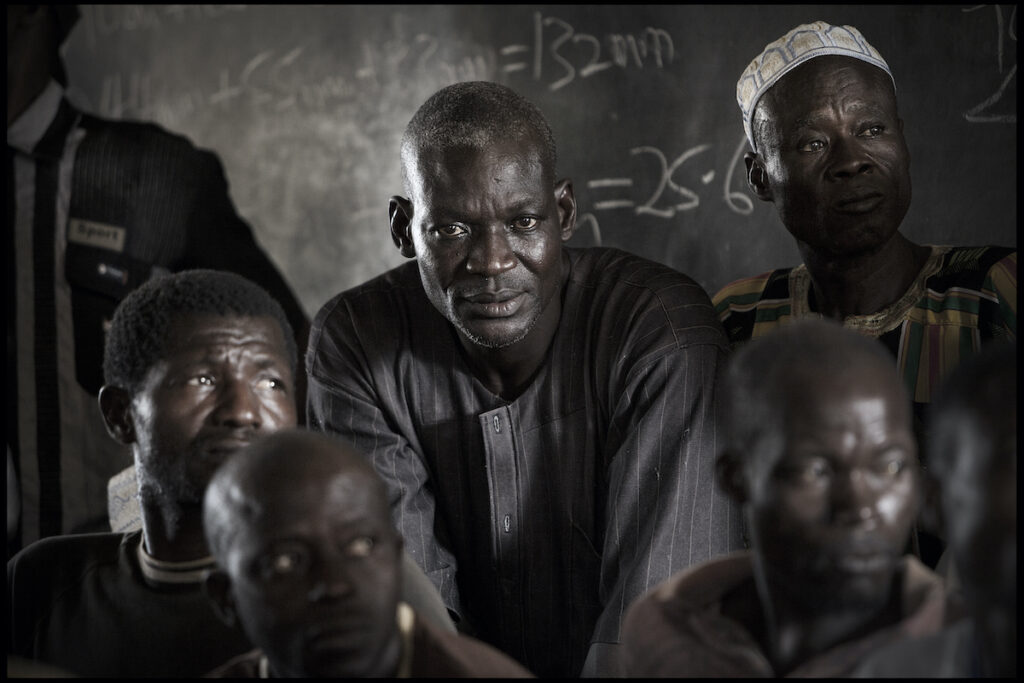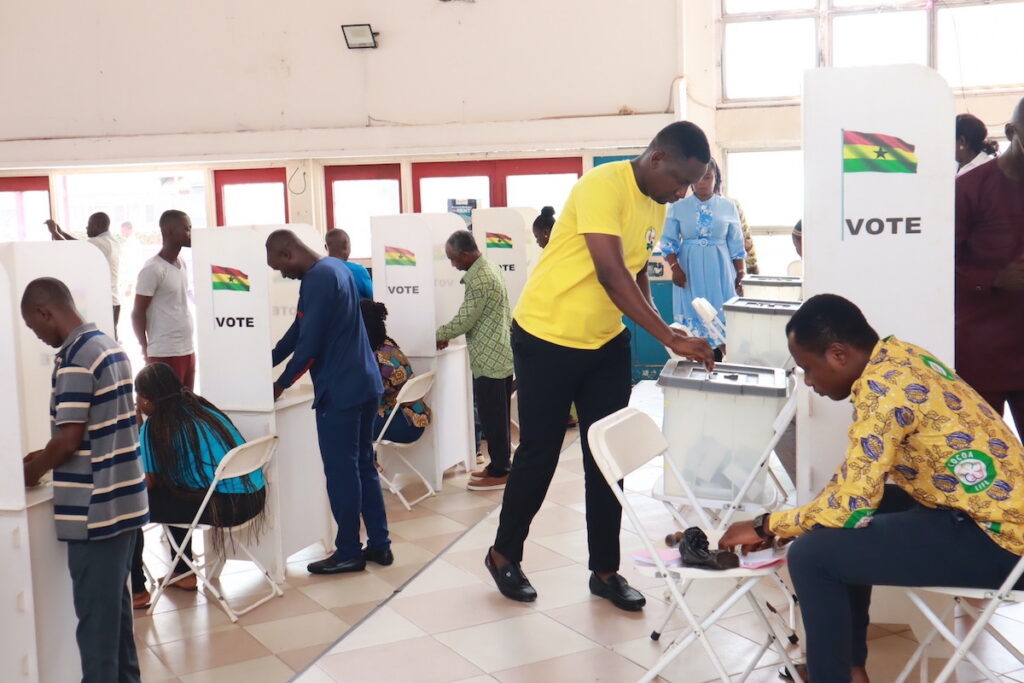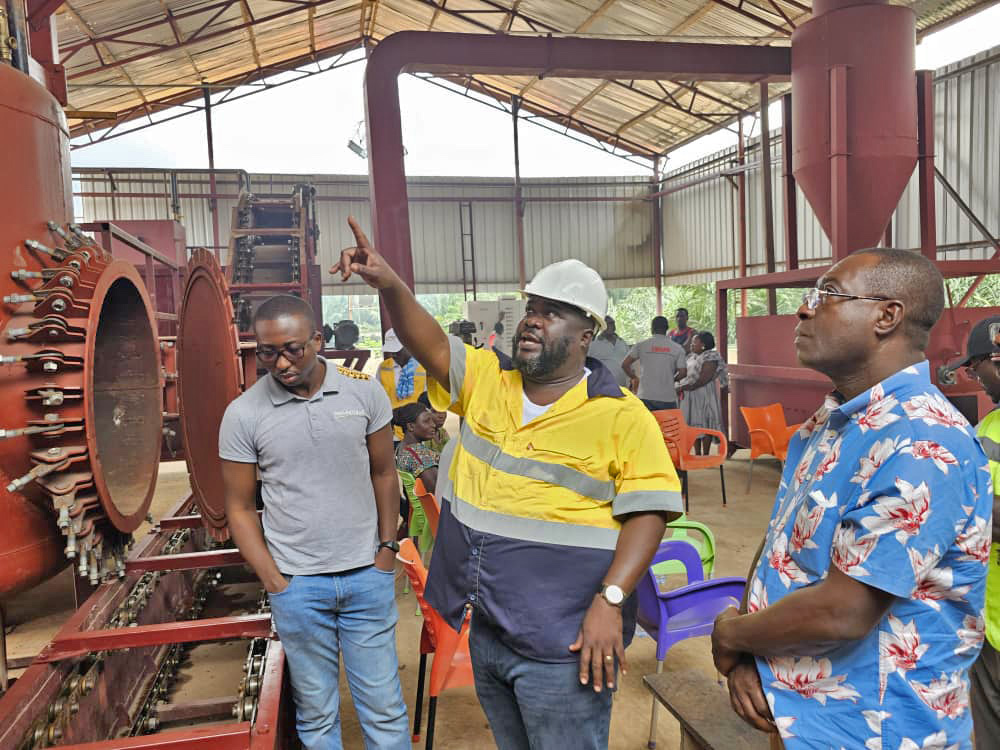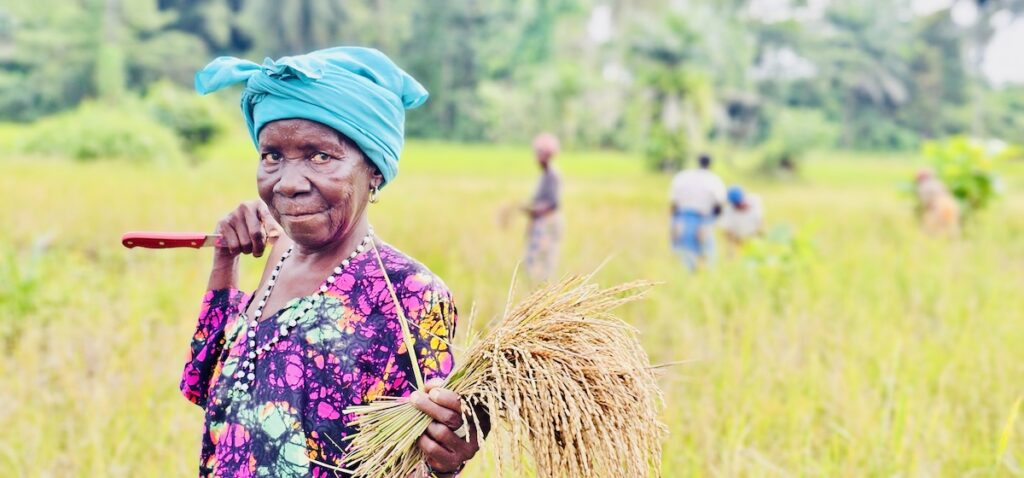Farmers respond better to training in climate-smart agricultural practices when they are exposed to small farm fields that allow them to observe and put the knowledge into practice. These fields, often referred to as demonstration farms, mimic the farmer’s typical working field and allow a cohort of farmers to engage and interact with the trainers during the practice session.
Without improved knowledge, smallholder farmers resort to age-long traditional farming techniques that are sometimes unsustainable and contribute to low yields.
We had little knowledge of modern farming techniques, so our harvest and income were low. Even when training is organized for us, there is little or no practical aspect of it.
Salamatu Giwa, fruit & vegetable farmer
To help address the challenge, Solidaridad together with its implementing partners for the Sustainable Development Goal Project 1, a horticulture programme that is transforming the fruits and vegetable market in Kano and Kaduna states of the country, are building the capacity of smallholder farmers using demonstration farms. So far, 242 demonstration farms have been established in different communities in 12 local government areas of the two states.
Above: demonstration farms in Kaduna State.
The smallholder farmers are trained along the farming processes in the demonstration farm, from the selection of seedlings, nursery establishment and management, transplanting, post-planting management, proper harvesting and storage practices.
This is improving the quality and production of fruits and vegetables, increasing yields, incomes and the nutritional needs of the family.
Giwa is one of the hundreds of smallholder farmers who have benefited from a demonstration farm in her community.
During the last farming season I harvested 24 baskets of tomatoes from my field compared to eight from the previous year on the same piece of land. What I did differently was the application of the new knowledge on climate-smart agriculture that I learned from Solidaridad. This increased my income from 20,000 Naira (48.63 dollars) to 60,000 Naira (145.95 dollars).
Salamatu Giwa, fruit & vegetable farme
The demonstration farms, she says, have shown them that good agricultural practices and improved seedlings are essential for a good harvest.
The demonstration farms have also helped some communities to discover the potential of crop diversification to maximise benefits. In the Kwarin Dangana community in the Kura local government area of Kano state, farmers believed only onions could grow well in their community. However, as they observed the successful integration of cabbage and tomatoes from the demonstration farm, 40 farmers in the community have now incorporated these vegetables in their fields.
We have seen an improved income from the cultivation of more than one crop. During the last farming season I cultivated cabbage for the first time and made a sale of about 100,000 Naira (243.40 dollars), which is more than twice the amount I used to make from my onions,.
Yahaya Adamu, fruit & vegetable farmer
Under a special partnership with training and educational institutions in the country, Solidaridad has also established two additional demonstration farms with the agriculture department of the Ahmadu Bello University, Zaria, and the Division of Agricultural College in Kaduna state. With this, Agricultural Science students in the institutions are also able to acquire practical knowledge of climate-smart agriculture they learn in the classroom.
The Sustainable Development Goal Project 1 (period) seeks to transform the fruits and vegetable market in Nigeria. The project is implemented in the Kaduna and Kano states in partnership with East-West Seed Knowledge Transfer and funded by the Dutch Ministry of Foreign Affairs through the Netherlands Enterprises Agency.

